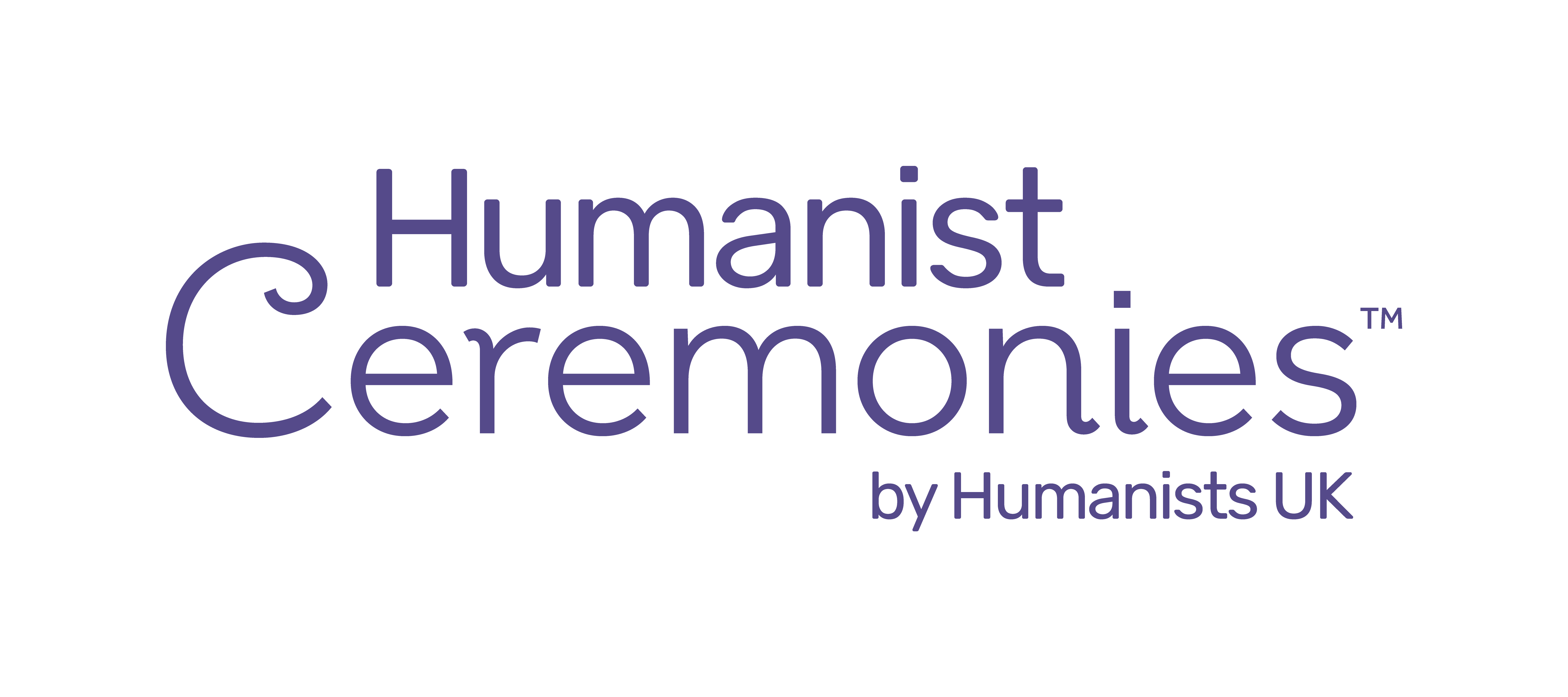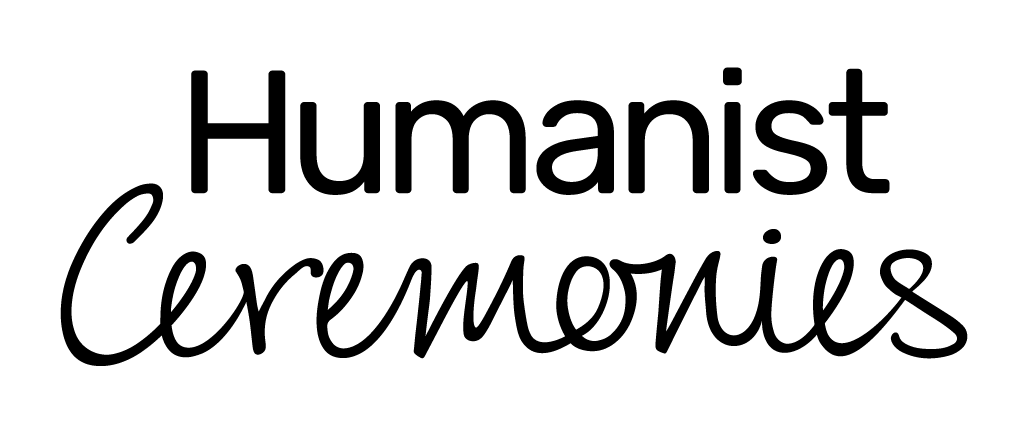Donating Your Body
Donating your body
Donating your body to a medical school is a valuable gift – your donation will become an important resource for training healthcare professionals or for research.
The Human Tissue Authority (HTA) does not collect or receive bodies or other human materials, but we license and inspect the organisations that do.
Find a licensed medical school
- Anatomical examination – teaching students or healthcare professionals about the structure and function of the human body.
- Research – scientific studies which to improve the understanding of the human body.
- Education and training – training healthcare professionals on surgical techniques.
How to donate your body
Anyone can decide to donate their body, and medical schools welcome the offer of a donation. If you are interested in donating your body, you will need to contact a medical school for further information and a consent form. For information about how to contact your local medical school, enter your postcode into our search facility, email us or call us on 020 7269 1900.
Find a licensed medical school
Under the Human Tissue Act 2004, written and witnessed consent for anatomical examination must be given prior to death. Consent cannot be given by anyone else after your death. A consent form can be obtained from your local medical school and a copy should be kept with your Will. You should also inform your family, close friends, and GP that you wish to donate your body.
Medical schools which accept donated bodies will normally only accept donations from within their local area due to the transport costs involved. Offers of body donation from outside the area may be accepted on the condition that the donor’s estate bears the cost of transporting the body. Full details can be obtained directly from the medical schools.
Do medical schools accept all bodies?
There are various reasons why medical schools may decline the offer of a donation; they can give you more information about this when you contact them. For example, certain medical conditions may lead to the offer being declined. If a post-mortem examination (sometimes referred to as an ‘autopsy’) is needed, this may also mean that a medical school declines the offer of a body donation.
Medical schools might not be able to accept donated bodies during holiday periods, such as Christmas. Donors should ensure that they have an alternative funeral plan should their body donation not be accepted.
It is possible to donate brain tissue up to 48 hours after death so if body donation is not possible, brain donation may be an alternative option.
If body donation for ‘anatomical examination’ is not possible, you may be able to donate your body for other types of training.
For example, the National Repository Centre, based in Nottingham, was established to support members of the public who wish to donate their bodies for medical education or training. In common with medical schools, they have a body donation scheme that allows potential donors to register with them before they die.
Donating your body, organs and tissue
Despite being separate donation systems, it is possible for a person to be registered as an organ donor, and to have registered their wish to donate their body to a medical school. However, medical schools will usually decline a body donation if the person has undergone surgery to remove organs for transplantation. If after their death, the person is found unsuitable to be an organ donor, it may be possible for body donation to a medical school to be taken forward by the relatives, solicitor or executor of the Will; as long as valid consent is in place.
If a person wishes to register for both organ donation and body donation, the HTA recommends that the person ensures that those closest to them are aware of their wishes and includes these wishes in their Will. Further information on organ donation can be found on the NHS Blood and Transplant website: www.organdonation.nhs.uk.
If I donate my body, will there be a funeral or memorial service?
Medical schools will usually arrange for donated bodies to be cremated, unless the family requests the return of the body for a private burial or cremation. Medical schools may also hold a committal, memorial or thanksgiving services. Further information on local arrangements can be obtained directly from the medical school.
Are there any costs or payments involved?
You will not receive any payment for donating your body. Some medical schools may request that the donor’s estate contribute to the cost of transporting the body, particularly if the donation falls outside of the medical school’s local area. Full details can be obtained directly from the medical school.
Body donor cards
We currently send body donor cards with our body and brain donation information pack to members of the public who want to donate their body. We also give these to anyone who specifically requests one.
After you have registered with your local medical school and signed a consent form, a body donor card works in the same way as an organ donor card. It represents your decision and wish to become a body donor, and can be carried with you in your purse or wallet.
You are also able to include the contact details of the medical school you have registered with; this will make it easier for your family to contact the right medical school and make suitable arrangements as soon as possible.
Please note that these body donor cards do not replace the existing consent requirements – anyone wishing to become a body donor must still register with their local medical school and sign a consent form first.
It also does not guarantee that the medical school will be able to accept the body.
If you would like us to post you a copy of our body donor card, please email us at enquiries@hta.gov.uk.
Further information
- Further information is available in our FAQs.
- You can also download a body and brain donation information pack (PDF), which is a printable version of the information held on this website.

